Communicating about gender and violence in Ukraine
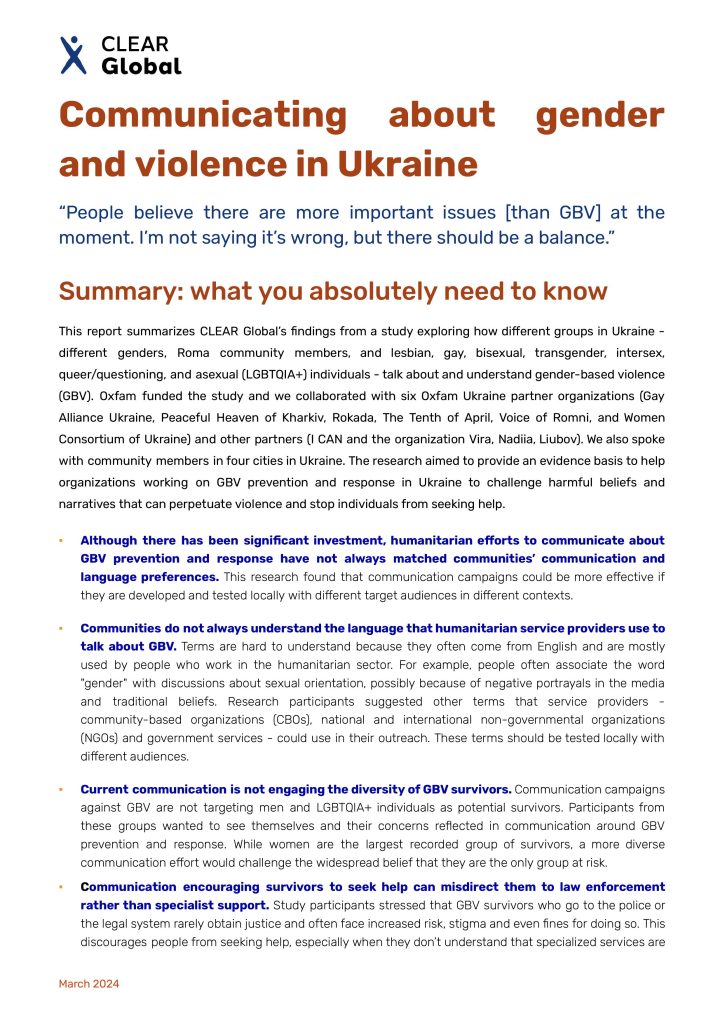
Communicating about gender and violence in Ukraine In situations of conflict, the risk of gender-based violence (GBV) can increase and survivors need to […]
Why language inclusion matters for sexual and reproductive health and rights (SRHR)
Why language inclusion matters for sexual and reproductive health and rights (SRHR) Effective SRHR services support the right to health, promote gender equality, […]
Insights into community needs and wishes – eastern DRC
Insights into community needs and wishes – eastern DRC People need effective humanitarian reporting systems for sexual exploitation and abuse in eastern Democratic […]
Communicating for trust – AAP and PSEAH in northeast Nigeria
Communicating for trust – AAP and PSEAH in northeast Nigeria Accountability to affected people (AAP) is fundamental in humanitarian efforts. We aim to ensure […]
Talking effectively and respectfully about gender-based violence in Rohingya communities
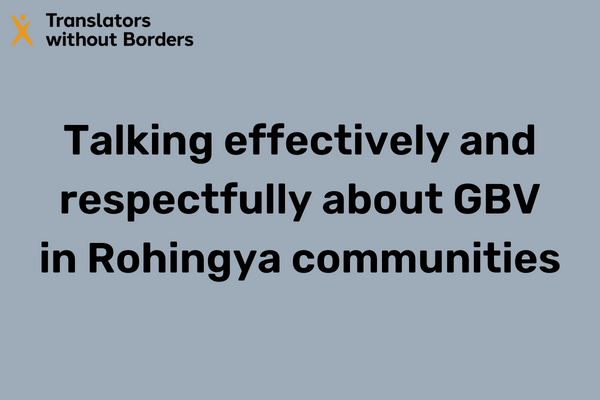
View our Talking effectively and respectfully about gender-based violence in Rohingya communities report in a new tab here.
Bridging community and humanitarian approaches to sexual and reproductive health in Rohingya communities
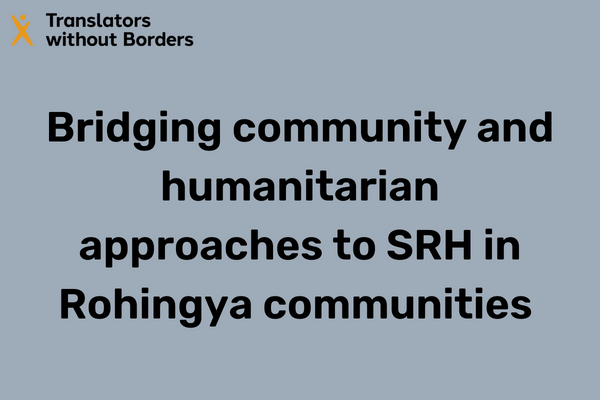
View our Bridging community and humanitarian approaches to sexual and reproductive health in Rohingya communities report in a new tab here.
Finding the right words: PSEAH terminology testing in Dohuk and Kirkuk, Iraq
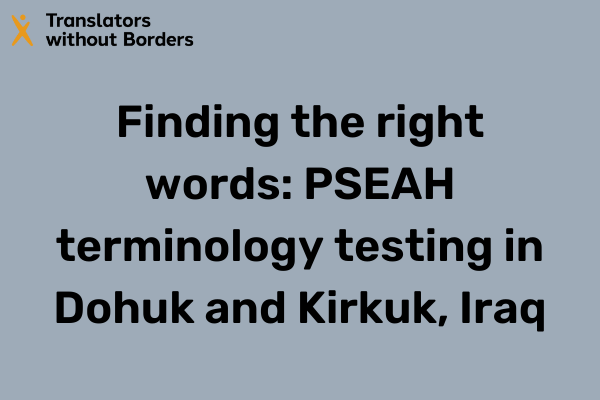
In partnership with the International Organization for Migration, we developed a glossary of terms on preventing sexual exploitation, abuse and harassment in three Kurdish […]
Majhis’ role in sharing information in the camps
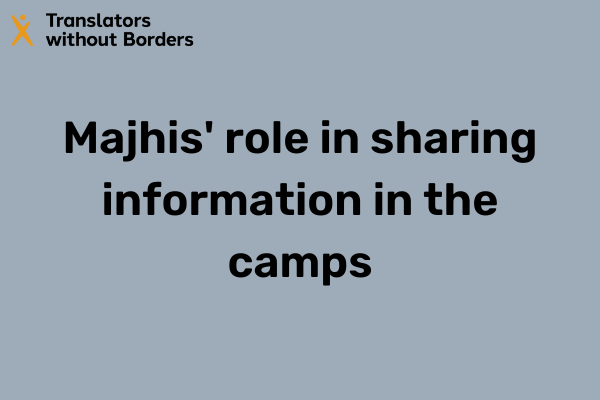
View our Majhis’ role in sharing information in the camps research report in a new tab here.
Imams’ role as sharers of information in the camps
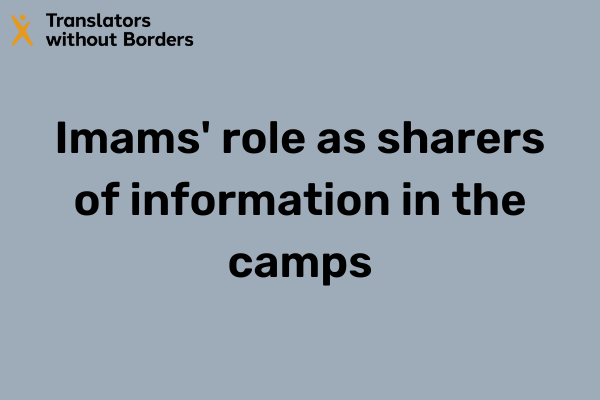
View our Imams’ role as sharers of information in the camps research report in a new tab here.
Complaint and feedback mechanisms are missing the voices of women and people with restricted mobility
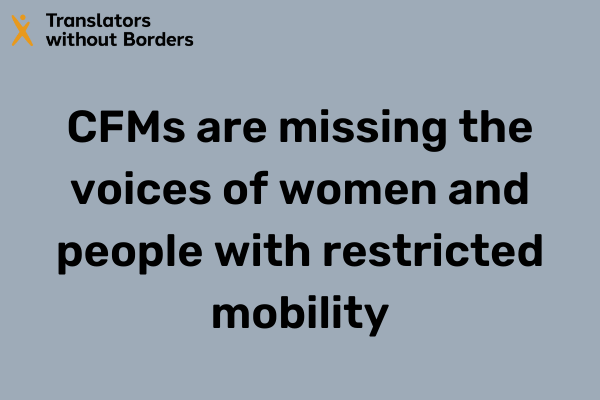
View our Complaint and feedback mechanisms are missing the voices of women and people with restricted mobility research report in a new tab here.